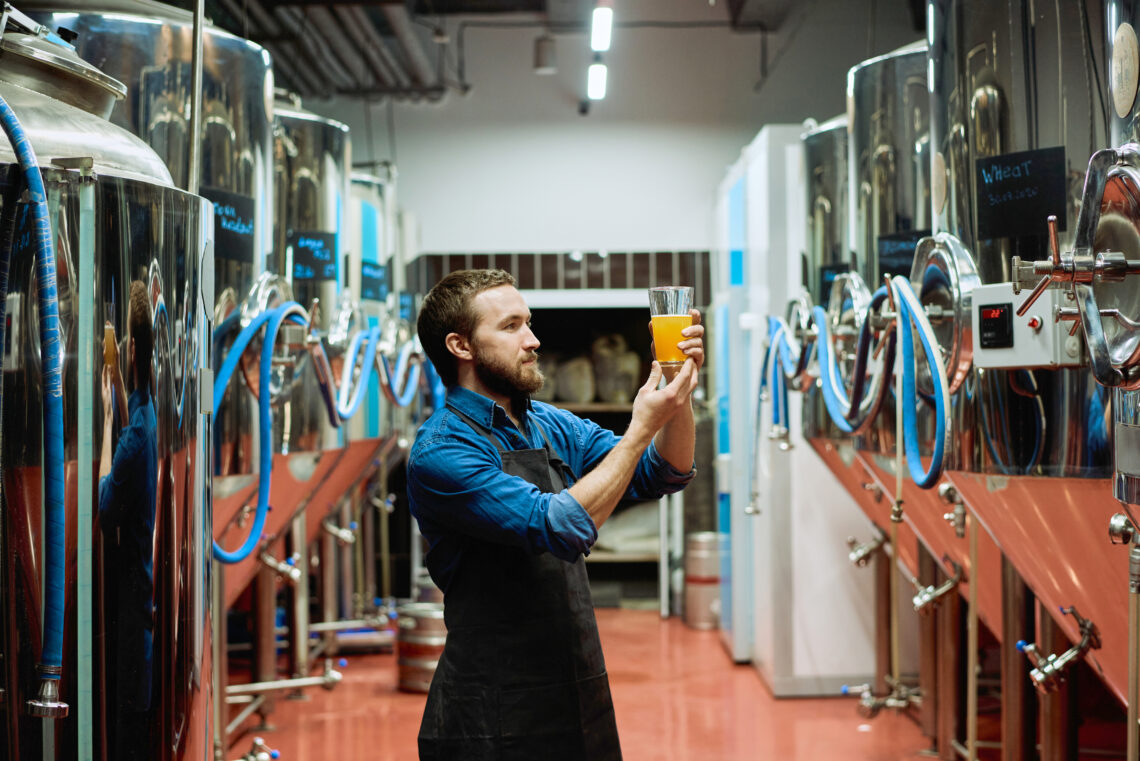
On November 9, 2022, the Tobacco Tax and Trade Bureau (“TTB”) posted an advance notice of rulemaking seeking comment on several trade related practice issues with a particular eye on anti-competitive behavior. As part of the advance notice, the TTB is seemingly curious about whether allowing breweries to self distribute may solve the issue of potential anti competitive behavior.
One state that already has a self-distribution structure in place for beer is Oregon. Earlier this year, two breweries located in neighboring Washington, as well as a individual consumer, filed a lawsuit challenging the constitutionality of Oregon’s self-distribution law. This article will provide an explanation of the lawsuit and provide updates as key events happen in the case.
Who is Allowed to Self-Distribute Under the Law?
Under ORS 471.18, a brewery is allowed to self-distribute their product as long as they have a direct shipper permit. To be eligible for a direct shipper permit, you must have:
1) a person that has a license to manufacture malt beverages in Oregon or any other state
2) a person/entity that has a license to sell malt beverages; or
3) a non-profit that holds a license for temporary alcohol sales.
It is important to note that or an out of state brewery to be able to self-distribute in Oregon, the home state of that brewery must have similar self-distribution laws.
Who is Challenging Oregon’s Self-Distribution Laws?
Garden Path Fermentation is a brewery, cidery, and meadery located in Skagit Valley, Washington that focuses on using local ingredients, including using native yeast. Fortside Brewing Company is located in southwestern Washington that is named after Fort Vancouver landmark. Mirage Beer is located in Seattle that offers a bottle club that ships across the country. Finally, Joseph Ogden is a resident of Oregon and is described in the Complaint as a “beer collector” that “would like to purchase craft beer from out-of-state producers in Washington which would be added to his beer collection. . . .”
On What Grounds Are They Challenging the Law?
The Plaintiffs are challenging the self-distribution laws under Chapter 42 U.S. Code Section 1983. This law allows any person who is deprived of a right or a privilege by a specific law alleging that the laws are depriving the Plaintiffs of their rights because:
1) it allows in-state beer producers to sell and ship beer directly to consumers, but do not allow out-of-state producers to do the same; and
2) it allows in state producers to self-distribute to on-premise and off-premise retailers, but prohibits out of state from doing the same.
This, the Plaintiffs argue, violates the Commerce Clause and discriminates against out-of-state producers and as such, are asking the Court to declare the law unconstitutional.
Further Updates
This case is just beginning so continue to follow along for future updates on this case. As we follow this case, we will be discussing similar self-distribution laws and previous challenges to the same, as well as updates on the case.







